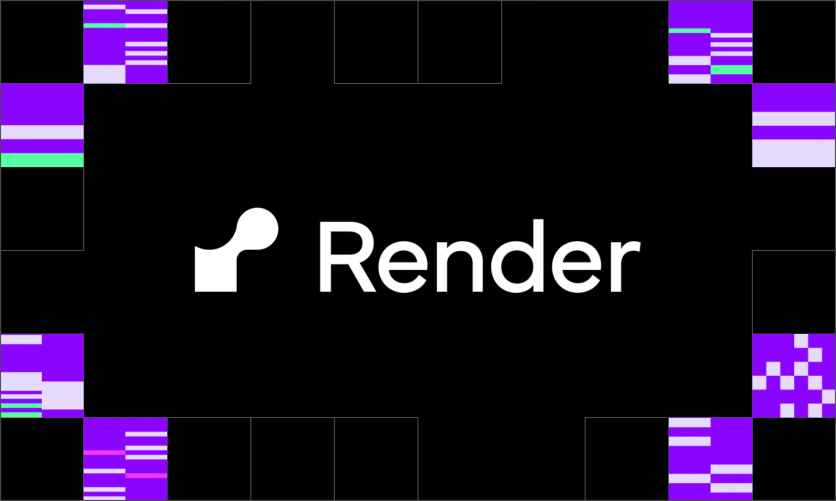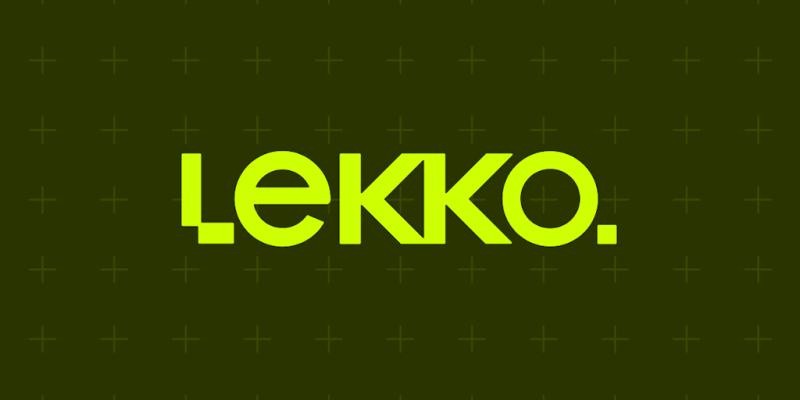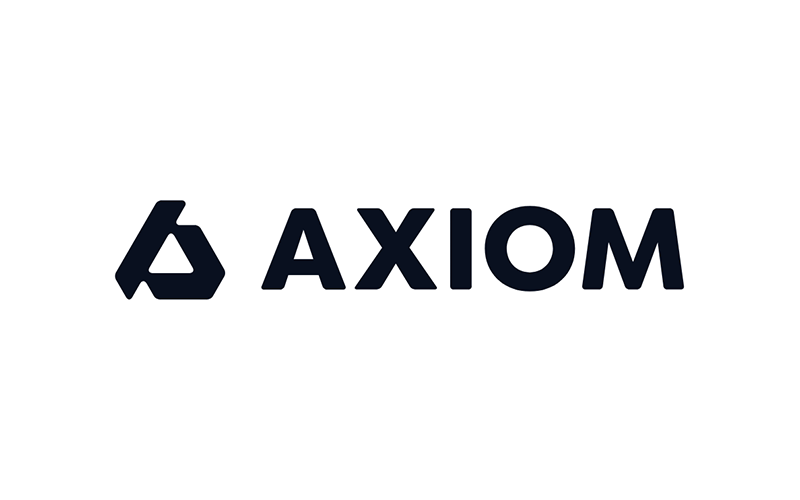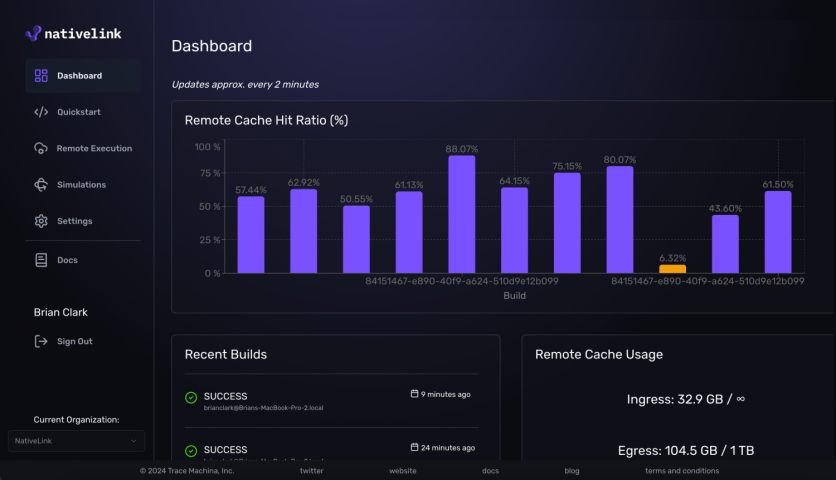
The rise of cloud will only continue to grow alongside the rise of Generative AI. Gartner forecasts that global end-user spending on public cloud services will grow 20.4% to total $675.4 billion in 2024, up from $561 billion in 2023. By the end of the decade, cloud spend is expected to surpass a trillion dollars.
So while the hype around GenAI is real and here to stay, there still needs to be foundational developer tools and cloud resources to support these next-gen applications. That means better abstraction layers for cloud, cheaper data storage, modern databases - all of that good stuff. That's not to mention all of the AI that's coming our way that isn't generative - everything from traditional machine learning models to physical-world AI.
This article looks at critical developer tools that you may not have heard of (yet) - but should definitely be on your radar.
Render

Render is one of the more established companies on this list, having raised $75 Million in funding since being founded in 2018. What Render is doing reminds me of early days DigitalOcean - there is an understanding that the major cloud providers are often too cumbersome and complex, requiring dozens of engineers to simply manage the infrastructure. Render is abstracting away a lot of that complexity so that teams can move fast and build applications in the cloud, without much of the headache and overhead. The high-level idea is you very likely don't need all of the bells and whistles the major cloud providers are offering, and that many companies would benefit in the trade-off from a more streamlined cloud platform.
Neon

Every developer knows about Postgres - the fastest growing database in the world based on open source technology. Even though the technology has been around for decades, the past few years has seen hockey-stick growth, outpacing MySQL in popularity in recent surveys. Neon was founded in 2021 by a team of experienced database builders and Postgres contributors with a singular goal: Help developers and teams ship faster with Postgres by delivering it as a serverless cloud platform. Today, more than 3000 projects are created on Neon daily, powering everything from startups building the next wave of AI tools, to large platforms like Vercel, Replit, and Retool. Neon recently received a hefty $25Million investment led by Microsoft, with plans to bring their database technology to Azure.
Lekko

Lekko just launched out of stealth in July. At the helm of the ship is ex-Uber engineer Konrad Niemiec, who was impressed by some internal tooling at Uber (particularly Flipr) which helped the company expand to over 10,000 cities. The idea behind Lekko is to empower developers to move beyond feature flagging to what the company calls "Dynamic Configuration". This gives developers the ability to deploy multiple configurations, features, previews, tiers, and experiments directly within their code (unlike feature flags which must be hosted by a third party). Businesses can then safely deploy updates, staged rollouts, and quick rollbacks through their existing CI/CD pipelines.
Axiom

For anyone looking for a disruptive player in the observability and logging space, Axiom needs to be on your radar as an event data platform of interest. Not only does the company enable enterprises to store all of their data, forever, for cheap - it can also be queried in real time and pipelined to 3rd party services. The company was recently listed as a Forbes Rising Star and we expect to see some major announcements from this company in the coming year.
NativeLink

There's a lot of starpower behind this open source project. NativeLink provides engineers with an advanced staging environment for futuristic technologies where safety is paramount such as self-driving cars, aviation, robotics, and other autonomous hardware systems. Branded as a "simulation infrastructure" platform, engineers from Tesla, General Motors, and X are already actively contributing to the project. The company behind the project, Trace Machina, just came out of stealth with Wellington Management leading the round. The company is made up of engineers and product leaders from Apple, Google, MongoDB, and Toyota Research Institute.
ⓒ 2026 TECHTIMES.com All rights reserved. Do not reproduce without permission.




